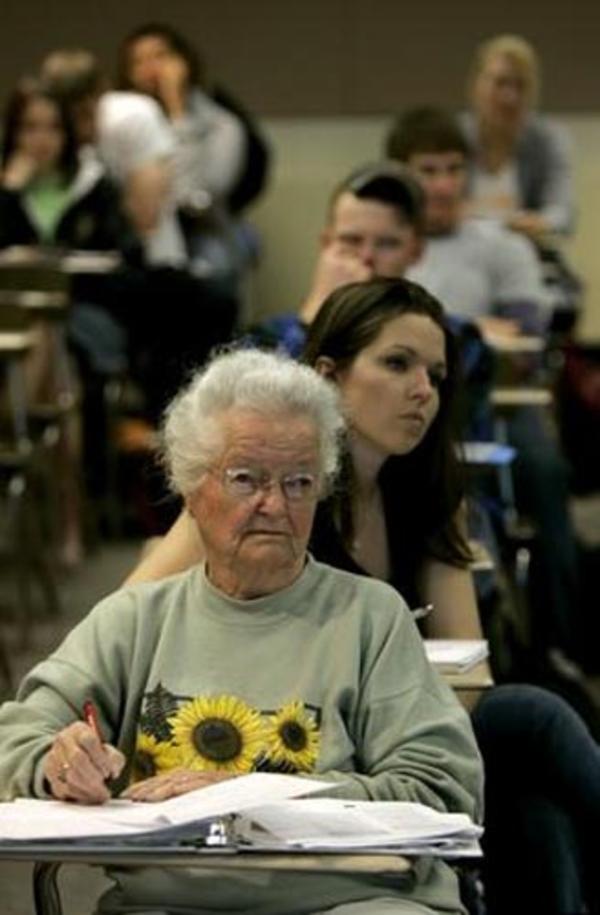Your cart is currently empty!
ADHD Folks Never Stop Learning. It’s Lifelong.

Students with ADHD fight in class. Behavior sometimes changes as they age. Why work when there are accommodations? Lifelong learning in the 21st Century. That’s why.
College isn’t just about getting a degree. It’s about the the ultimate welfare of students, especially those with disabilities. Taking the initiative to learn, students with ADHD strive to become lifetime learners.
Back to the start of my career, Lindamood-Bell…
Graduate student with ADHD. College students hate math more that my HS ones. Luckily it was my most favorite math…Statistics. What to do?
Bringing in technology always works. Together we found the best choice. Best of all, my champ was able to work independently. What could be better than that? Nothing!
Integrating technology is key to the learning experience, especially for students with ADHD. It facilitates the ease of access to information. Integrating computer literacy into the curriculum is an important part of enhancing and extending understanding.
Special needs students need a common experience upon which to build understanding (contrasting viewpoints). Establishing mutually beneficial communication is about by reflective listening. Sequential accounts of experiences of students with ADHD furthers learning.
- Rewards learner partcipation by supporting collaboration/creativity.
- Establishes mutually beneficial communicaton by reflective listening.
- Utilizes thoughtful questions that foster engagement and confidence.
- Enhances understanding through problem-solving situations.
- Facilitates self-discovery and self-appropriated learning.
Lifelong learning focuses on the responsibility for students’ needs. It is more concerned as to how they are prepared to assume future societal roles. 21st Century environments require positive interdependence, social skills, and individual accountability.
People with ADHD must be ready.
“Our kids” often receive academic support without asking for it. Empower them to advocate for themselves.
What were your favorite classes? Why?
12 responses
magnificent points altogether, you simply won a new reader.
What might you suggest in regards to your post that you
made some days in the past? Any certain?I am just starting to learn about all of this. Thanks!
Come back and visit. Our community is loving and strong.
Thanks for any other informative web site. The place else may just I get that type of information
written in such a perfect manner? I have a venture that I am simply now operating
on, and I have been at the glance out for such info.Fascinating blog! Is your theme custom made or did you download it from somewhere? A design like yours with a few simple tweeks would really make my blog jump out. Please let me know where you got your design. Cheers
I bought an education WordPress theme from Smarty. From there, I had it customized by J Biggins Consulting. They did exactly what I asked for and more. They rock!
This is a topic that is near to my heart… Cheers! Where are your contact details though?
You can email me at edielovesmath@gmail.com. From there we can schedule a meeting on Google Hangouts.
Very good blog! Do you have any tips for aspiring writers? I’m hoping to start my own blog soon but I’m a little lost on everything. Would you propose starting with a free platform like WordPress or go for a paid option? There are so many choices out there that I’m totally confused .. Any recommendations? Cheers!
Congratulations in starting a blog/website. I suggest that you do a paid web hosting using WordPress. Free is a great choice if it’s a hobby. What are you going to write about?
Magnificent website. Lots of useful info here. I am sending it to several pals ans also sharing in delicious. And obviously, thanks in your sweat!
Thanks. Who in your life has ADHD?

EdieLovesMath empowers individuals with ADHD and Autism, their families, and professionals through a 4-step plan that builds confidence and success in reading, math, writing, and organization. As someone with a neurodiverse brain herself, Edie understands the challenges and triumphs of navigating learning differences firsthand. Join us. We’re here to guide your journey.
About the Coach ›
Leave a Reply